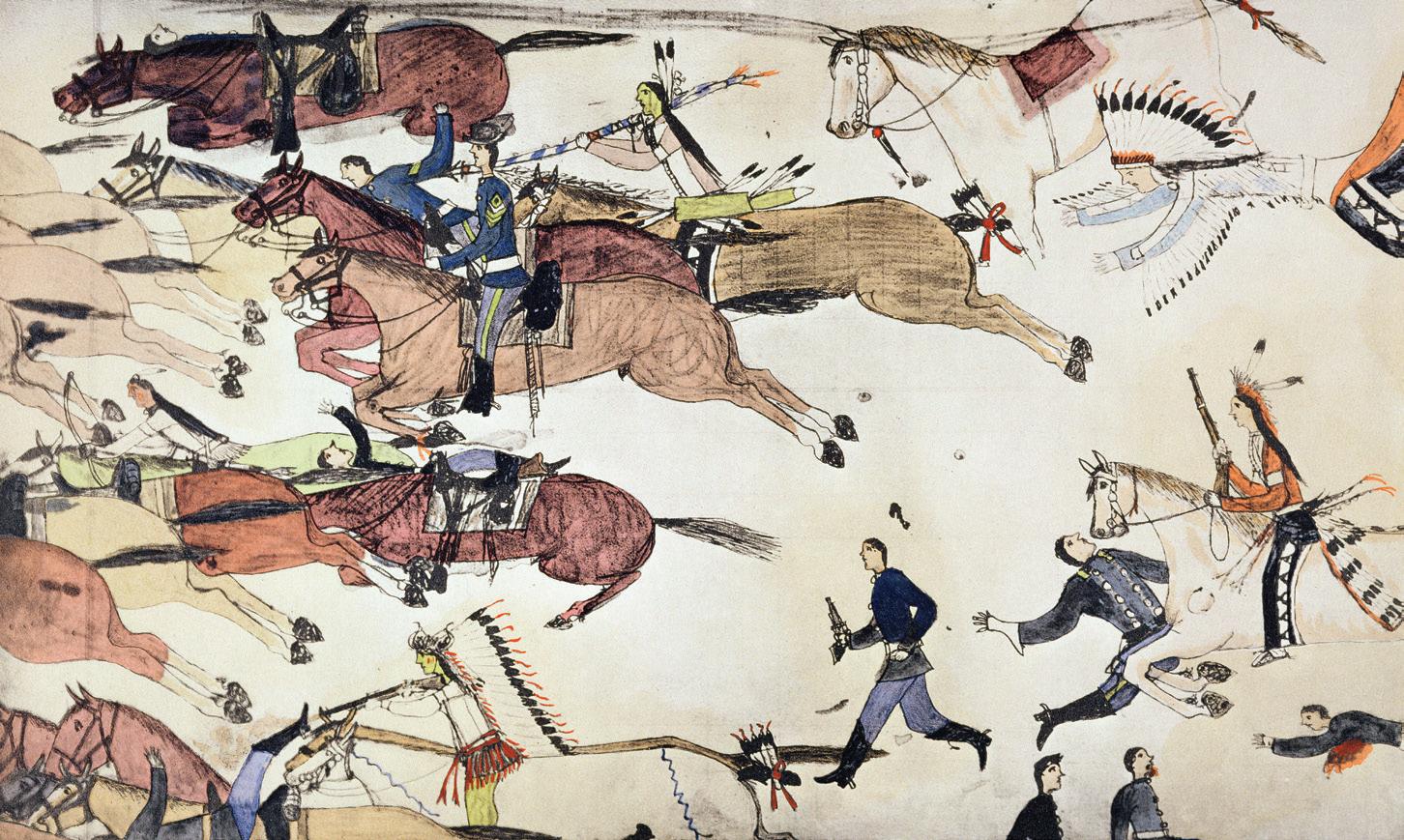History Played Out ‘Brasser for a non-musical pupil was something to be proud of. For me, whether it was the Battle of Stalingrad at the Queen Elizabeth Hall in London or Hootenanny in the Memorial Hall at Marlborough, the music was wonderfully eclectic, professional yet full of fun and something to rejoice in. Bob Peel was its leader and many of my friends played in it. I just enjoyed the music and revelled in being a Brasser groupie!’ Maj Gen Sir John Lorimer (C1 1976-81). Jonathan Peel (B1 1976-81), son of Bob Peel (CR 1960-91), looks into the history of Brasser.
A
s I write this article, I have two LPs in front of me: Brasser 78 and The Battle of Stalingrad (1980). Looking at the list of bandmembers there are around 80 students in the bands alongside members of staff such as John Emmerson (CR 1961-89), who played tuba for many years, friends of the band from the local brass band, Kennet Vale, and members of the music staff who will be fondly remembered by all who played with them: Paul Chalklin (non
Alex Arkwright and Brasser
28
The Marlburian Club Magazine
CR, taught percussion), Charles Healy (CR 1970-93), Robin Kellow (non CR, taught French Horn at the College for about 50 years), Terry Busby (non CR, taught clarinet from the late 90s to early 2000s). Several OMs returned for the Stalingrad concert. Brasser was that sort of group: a highly talented yet highly inclusive group of young musicians run by the occasionally fearsome, often visionary, always caring RHDP (aka Robert Peel, Bob and Dad). The band, with its unusual name, emerged a year after the Fife and Drum Band was established in 1871. Initially called the College Brass Band, in 1940 it officially became known as Brasser. The band emerged to support the CCF as the MC Corps Band, a marching band that performed at Field Day and Beating the Retreat well into the 1960s and early 1970s before being withdrawn. The MC Corps Band even appeared at the Royal Tournament in Earls Court in 1969. If there are any OMs who recall this experience, it would be great to hear from them – there is a real dearth of information about this remarkable venture. The first Band Master,





































